We would like to suggest that you find a new place to regularly spend some of your time. That might seem presumptuous of us, but there is good reason to believe that adding a specific kind of spot to the places you visit frequently can have real benefits for your overall mental health.
Take a moment to think back over the past week. Can you make a quick mental list of all the places you went over the last seven days?
The odds are pretty good that your list is pretty long. It might include places you went to complete errands of one kind or another—the grocery store, the gas station, the post office. It might include places you went out of a sense of obligation—an event at your child’s school, a service at your place of worship, a meeting of a group for which you volunteer. It might include places you went out of habit—the drive-through of your favorite coffee shop each morning, the local comics shop on Wednesdays, the convenience store or newsstand to pick up a copy of your favorite newspaper or magazine on Sundays.
No matter how many spots appear on your extended list, there are probably two specific places where you spend the vast majority of your time: at work and at home. For some people—especially following the global health crisis and the reinvention of our approaches to work—those two places are actually the same place. But in any event, our time working and our time at home tend to dominate our overall schedules.
Given all the time we spend working or at home—and all of the various other places we end up spending time in a given week—it might seem unlikely that adding someplace to our already packed schedule could be helpful.
We understand you might be skeptical. But let us introduce you to the idea of a “third place”—and the potential benefits of finding one.
What is a ‘Third Place’?
The term “third place” was coined by a sociologist by the name of Ray Oldenberg, author of The Great Good Place (here’s an interview with Oldenburg that also includes his list of 10 benefits that potentially come from having a vibrant third place in a community).
The subtitle of Oldenberg’s book—Cafés, Coffee Shops, Bookstores, Bars, Hair Salons and Other Hangouts at the Heart of a Community—gives a quick and clear example of the kinds of places the sociologist believes can be important to our health, both individually and as a community.
Some key characteristics of a good third place include:
- No memberships are requirement
- Social hierarchies are leveled
- Individuals visit voluntarily
- Conversation is the primary activity
And some of the potential benefits that arise in third places include:
- Providing space and opportunity for the making new friends
- Encouraging friendly conversation that introduces participants to new ideas
- Sparking an increase in civic involvement
- Encouraging a shared culture that promotes feelings of belonging and connection
Those kinds of benefits are associated with better mental health. For example, people who participate in a vibrant third place’s culture are less likely to feel lonely—and less loneliness means more mental well-being. Serving others through civic engagement also provides a boost to your mental health. And unstructured time spent in engaging conversation provides a valuable break from the sometimes unrelenting nature of our schedules.
Third Places are Making a Comeback
It perhaps goes without saying that many locations that served as third places struggled mightily during the worst days of the pandemic. After all, the whole point of such places is gathering people together, and gathering together was out of the question for quite some time. Still and all, many such places survived that challenging time—and new places and possibilities continue to pop up. That means you will likely be able to find a third place of your own with a little effort and a little flexibility.
You may not find the perfect spot on your first, second, or even third try. The music might be too loud in one spot. The coffee might be bad in another. Another spot might be appealing if only it wasn’t so far out of the way. Don’t get discouraged. Finding the right spot is possible—and the benefits to your mental health are worth the effort.
For Exceptional Mental Health Treatment, We Know Just the Place
At Johnstown Heights Behavioral Health in Colorado, we are committed to helping each person we serve experience real improvements in their mental health. Through personalized treatment grounded in evidence and empathy, we can provide you with the tools, resources, and strategies that can help you deal more effectively with symptoms of depression, anxiety, or other mental health disorders—and we can help you maintain those improvements over time.







